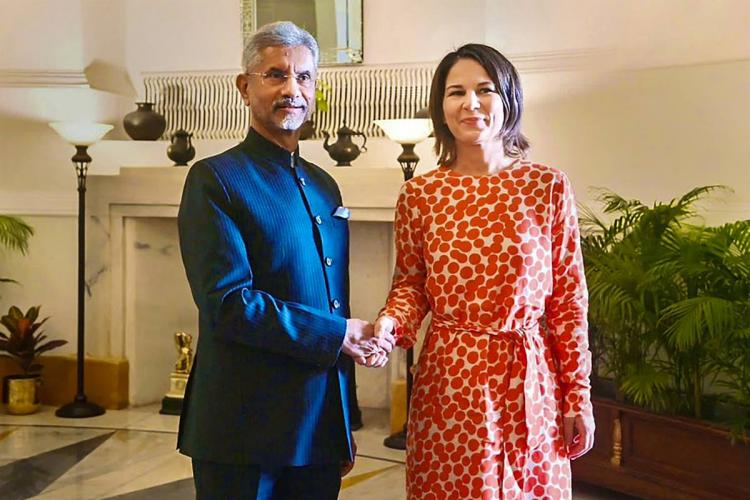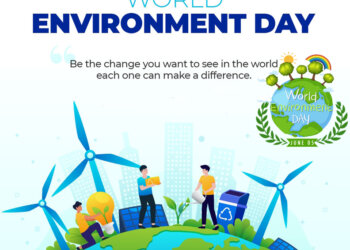On Monday, India and Germany signed a mobility partnership agreement and held extensive discussions on key global issues such as the Ukraine conflict, the situation in Afghanistan, and cross-border terrorism emanating from Pakistan.
Advertisement Advertisements by
External Affairs Minister S Jaishankar said at a press conference following talks with his German counterpart Annalena Baerbock that the mobility pact will make it easier for people to study, conduct research, and work in each other’s countries and is a strong signal for a more modern bilateral partnership.
Jaishankar also defended India’s import of Russian crude oil, noting that it is largely driven by market forces.
According to him, the European Union imported more fossil fuel from Russia than the next ten countries combined, he said in a sharp retort to a question on why India has been procuring crude oil from Russia.
The German foreign minister arrived here this morning for a two-day visit to discuss ways to strengthen bilateral cooperation in areas such as energy, trade, defense and security, and climate change.
During the joint press conference, Jaishankar stated that India’s position on the Ukraine issue is clear: this is not a time for war, and the conflict should be resolved through dialogue.
The visiting German foreign minister praised India as a role model for many other countries and stated that Berlin wishes to strengthen its security cooperation with New Delhi.
When asked about China’s challenges to the region, Baerbock said there is a need to assess the threats, describing Beijing as a competitor and rival in many ways.
“We now know what happens when a country becomes too dependent on another that doesn’t share the same values,” Baerbock said.
The situation in Afghanistan, as well as cross-border terrorism emanating from Pakistan, were discussed, according to Jaishankar. He stated that talks with Pakistan are impossible if it continues to engage in cross-border terrorism.
Earlier, Germany’s foreign minister described India as a “natural partner” and stated that the country will have a decisive influence in shaping the international order in the twenty-first century.
“The Indian government has set lofty goals not only for the G20 but also for its own people. When it comes to expanding renewable energies, India wants to accelerate the energy transition even more than previously. Germany is on India’s side “She stated.
According to the visiting German minister, the dramatic effects of the climate crisis affect us all, destroying livelihoods in both Europe and India.
“We want to strengthen our economic, climate, and security policy cooperation with India beyond our strategic partnership,” she said.
Source:TNE







 Finance
Finance







